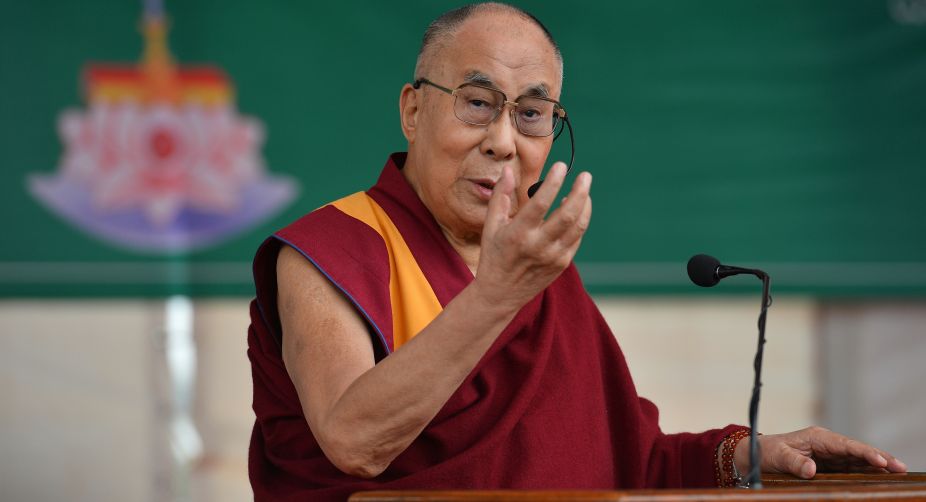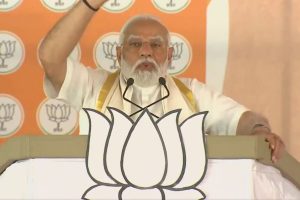India on Friday rejected China’s objection to the proposed visit of the Dalai Lama to Arunachal Pradesh as well as Beijing’s claim over strategically vital Tawang region in the Northeastern state.
"The government’s position is well known and has not changed," an official source said in response to statements emanating from Beijing that the Dalai Lama’s visit to Arunachal would seriously damage bilateral ties and that the border dispute between the two nations could be resolved if New Delhi accepted Beijing’s claim over Tawang.
New Delhi has made it very clear time and again that the Dalai Lama is an honoured guest of India who is free to travel anywhere in the country but cannot undertake any political activity. The Tibetan spiritual leader is expected to visit Arunachal in April.
China claims Arunachal Pradesh as part of Tibet and routinely objects to any visits by top leaders, officials and diplomats to the area. At his media briefing in Beijing, Chinese Foreign Ministry spokesperson Geng Shuang said, "India is fully aware of the seriousness of the Dalai issue and the sensitivity of China-India border question. Under such a background if India invites the Dalai to visit to the mentioned territory, it will cause serious damage to peace and stability of border region and China-India relations.”
India also reasserted its position on Tawang after Dai Bingguo, a former ace Chinese diplomat who served as his country’s negotiator on the boundary dispute with India from 2003 to 2013, said, "If the Indian side takes care of China’s concerns in the eastern sector of their border, the Chinese side will respond accordingly and address India’s concerns elsewhere.”
Elaborating China’s stand, Dai said, “The disputed territory in the eastern sector of the China-India boundary, including Tawang, is inalienable from China’s Tibet in terms of cultural background and administrative jurisdiction.”











